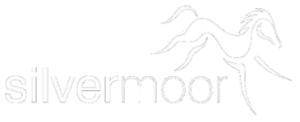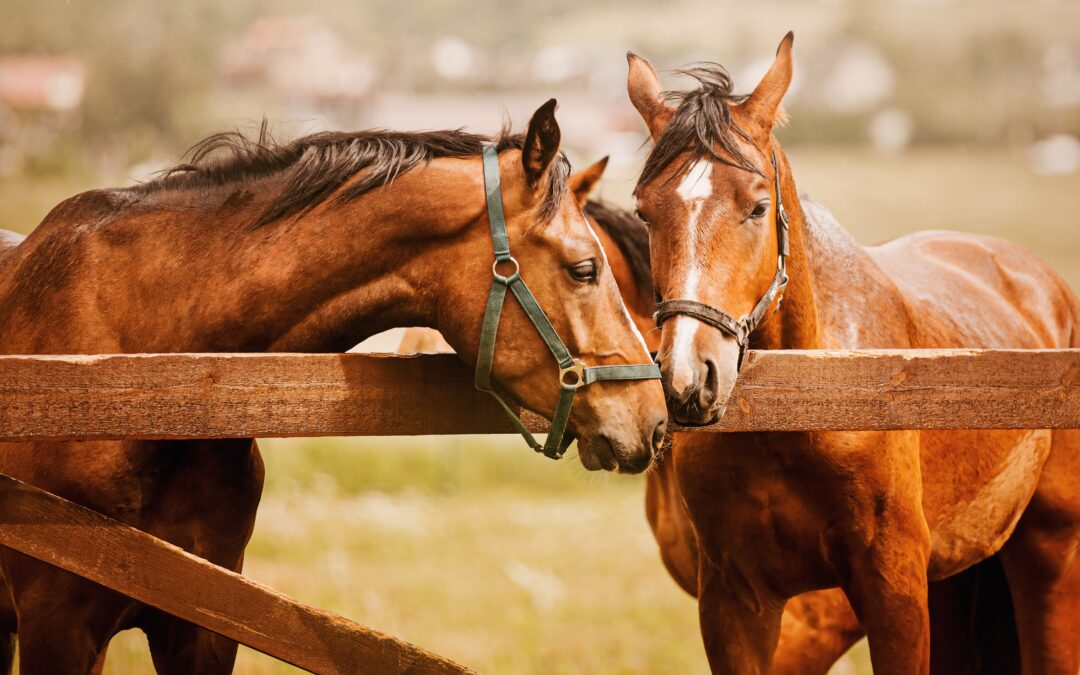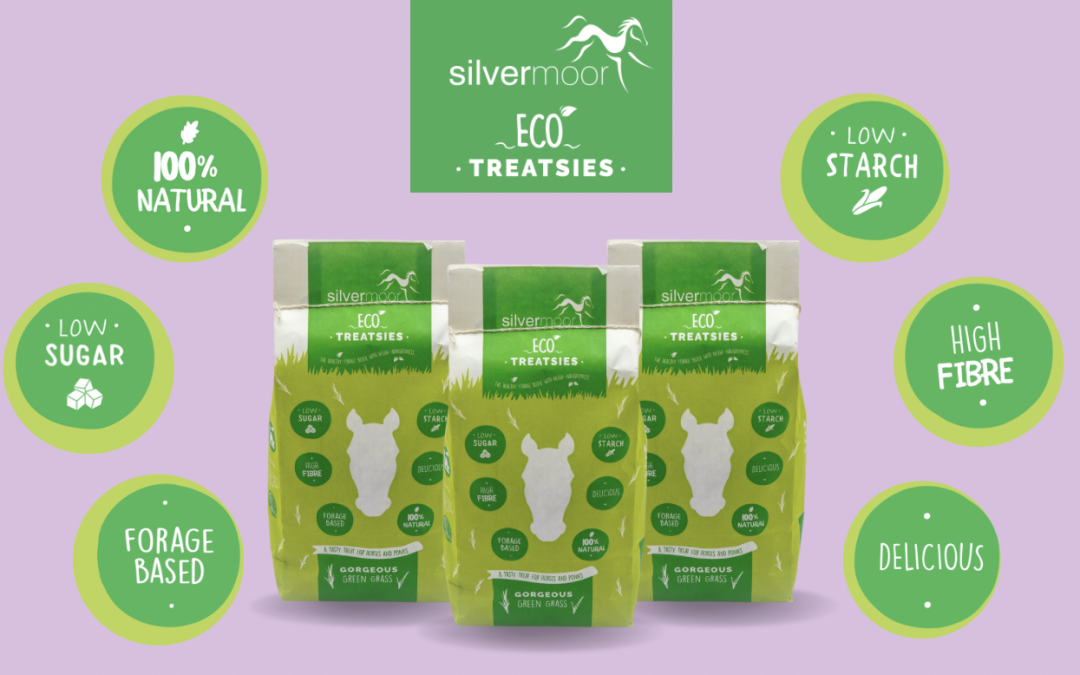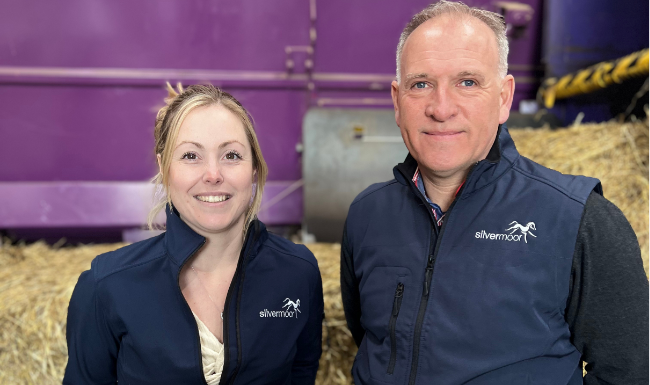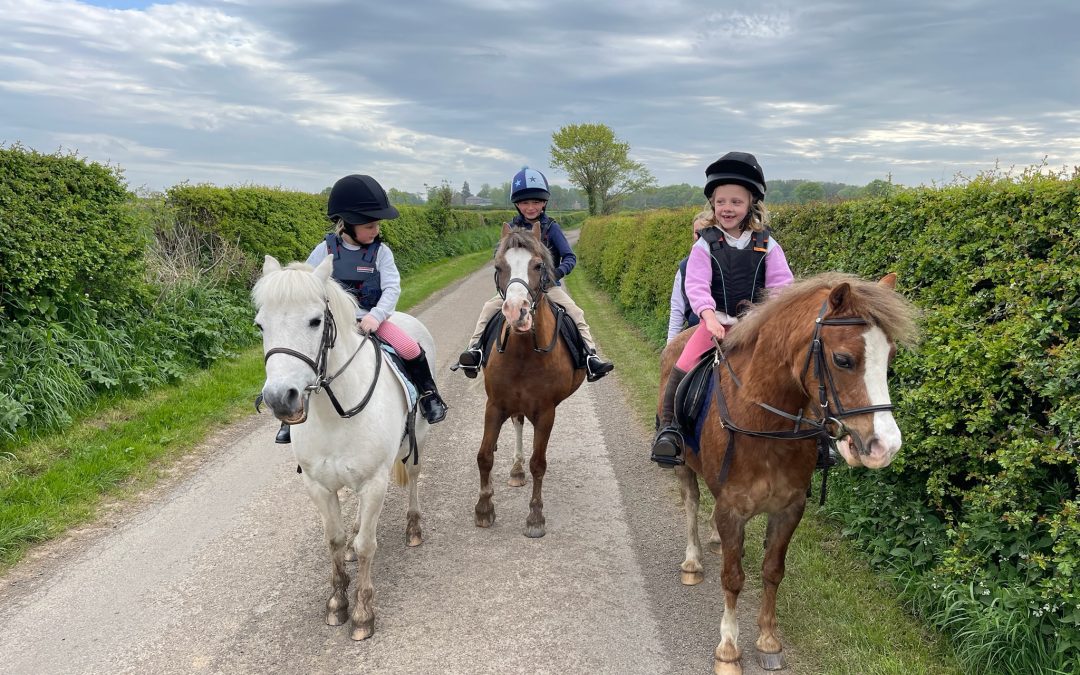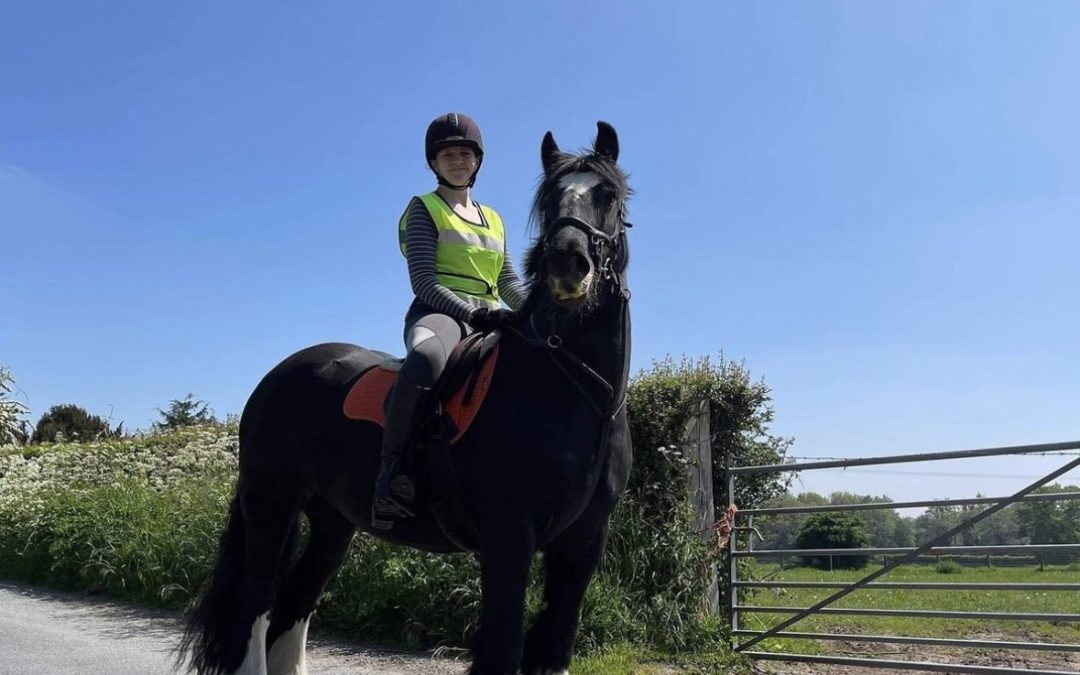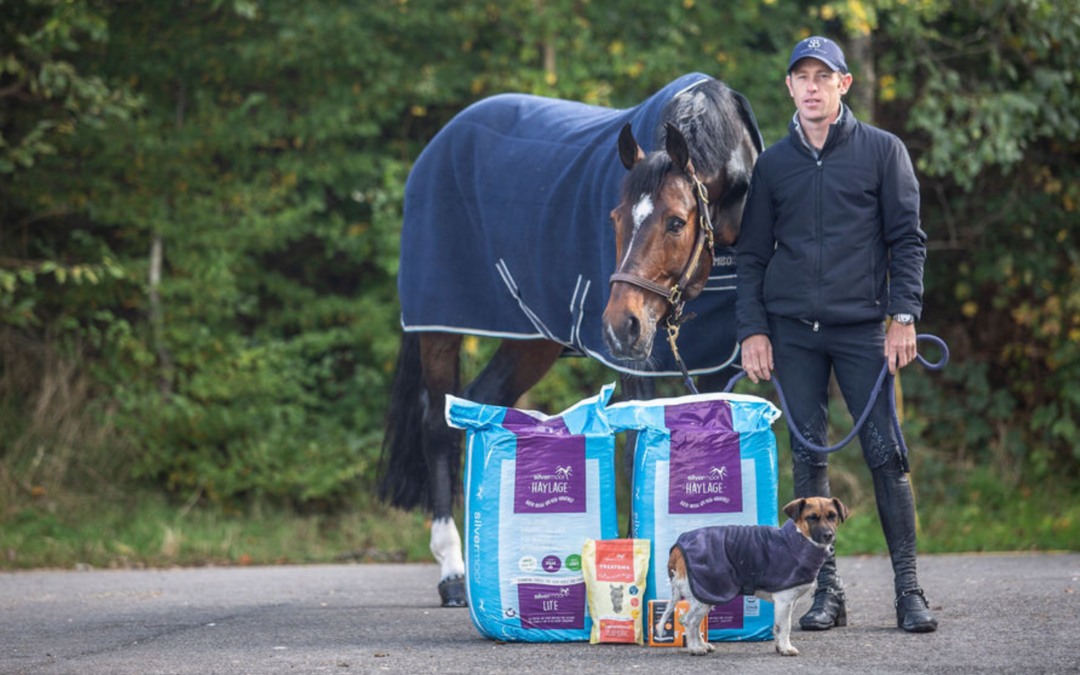As responsible horse owners, it is our duty to ensure the well-being and health of our equine companions. One crucial aspect of horse care is preventing them from accidentally consuming prohibited substances that can have detrimental effects on their performance and overall health. In this article, we will explore some essential tips and guidelines to help you safeguard your horse’s diet and prevent the ingestion of prohibited substances. We will also discuss the importance of certifications such as FEMAS and NOPS in ensuring the safety of equine feed.
Understanding Prohibited Substances:
Prohibited substances in horse feed can include medications, drugs, and other substances that are not permitted in competitive equestrian events. These substances can have various effects on horses, ranging from altering their behaviour and performance to posing serious health risks. It is crucial to be aware of the potential sources of prohibited substances and take necessary precautions to prevent their accidental consumption.
Choose Certified Feed Suppliers:
One of the most effective ways to prevent accidental ingestion of prohibited substances is to source your horse’s feed from certified suppliers. Certifications such as FEMAS (Feed Materials Assurance Scheme) and NOPS (Naturally Occurring Prohibited Substances) ensure that the feed you purchase meets strict quality and safety standards. These certifications guarantee that the feed has been produced in a controlled environment, minimising the risk of contamination with prohibited substances. Here at Silvermoor we are proud to have an outstanding reputation for quality products for the equestrian market. All feed is UFAS or FEMAS approved and all carry the BETA NOPS accreditation demonstrating our commitment to the highest quality standards in the industry. Check our equine product range here.
Read Labels and Ingredients:
When purchasing horse feed, it is essential to carefully read the labels and ingredients list. Look for feeds that explicitly state they are FEMAS and NOPS certified. Additionally, familiarise yourself with the list of prohibited substances provided by equestrian governing bodies, such as the FEI (Fédération Equestre Internationale). This knowledge will help you make informed decisions and choose feeds that are safe for your horse.
Implement Good Stable Management Practices:
Aside from choosing certified feed suppliers, implementing good stable management practices is crucial in preventing accidental ingestion of prohibited substances. Store feed in a secure and clean area, away from potential contaminants. Regularly inspect and clean feed storage containers to prevent the build-up of mould or other harmful substances. Additionally, ensure that your horse’s water supply is clean and free from any potential contaminants.
Work with a Qualified Nutritionist:
Consulting with a qualified equine nutritionist can be immensely beneficial in ensuring your horse’s diet is balanced and free from prohibited substances. A nutritionist can assess your horse’s specific needs and recommend appropriate feed options that comply with regulations. They can also provide guidance on supplements and medications that are safe for your horse to consume.
Conclusion:
Preventing accidental consumption of prohibited substances is crucial for the well-being and performance of your horse. By choosing certified feed suppliers, reading labels and ingredients, implementing good stable management practices, and working with a qualified nutritionist, you can significantly reduce the risk of your horse ingesting prohibited substances. Certifications such as FEMAS and NOPS play a vital role in ensuring the safety and quality of equine feed. By following these guidelines, you can provide your horse with a safe and healthy diet, allowing them to thrive in their equestrian pursuits.
